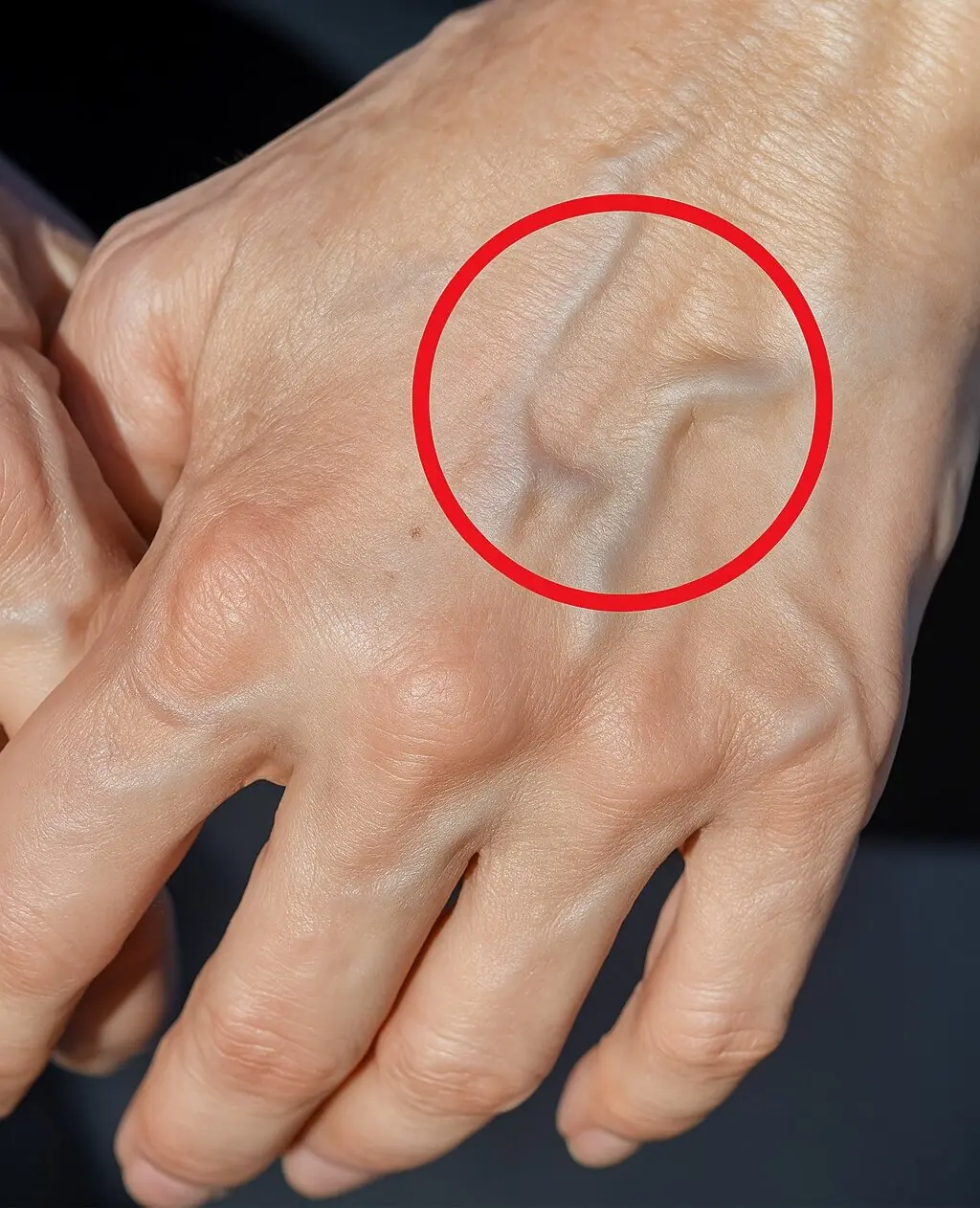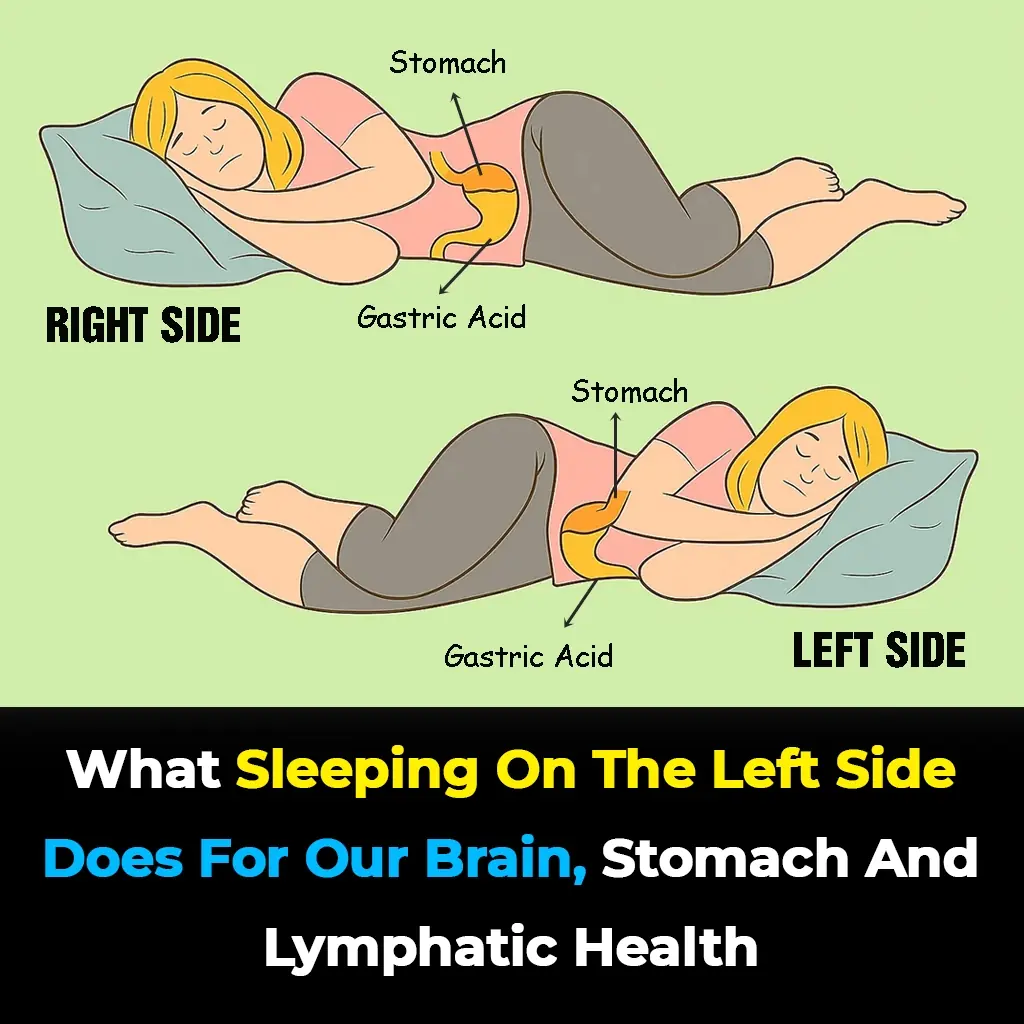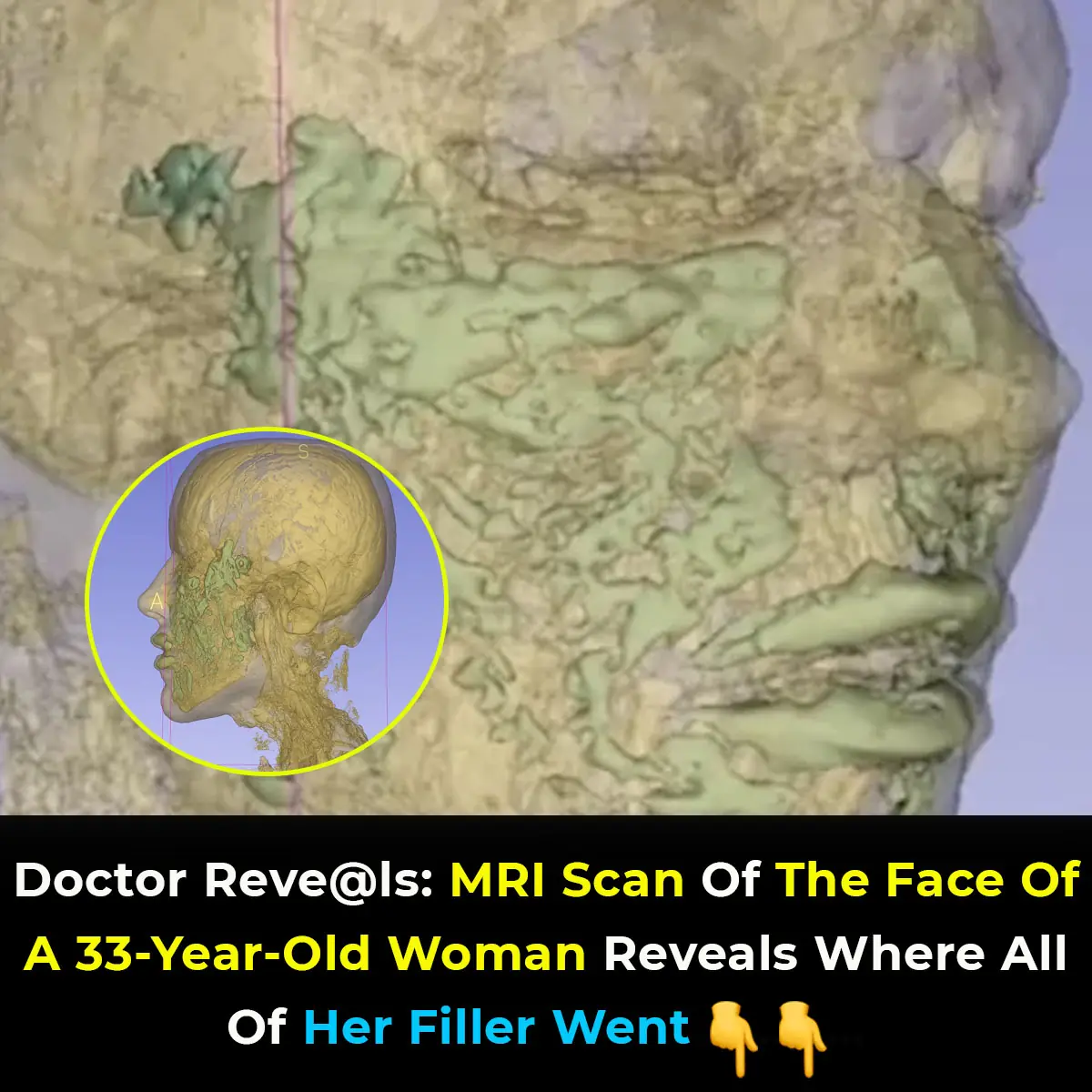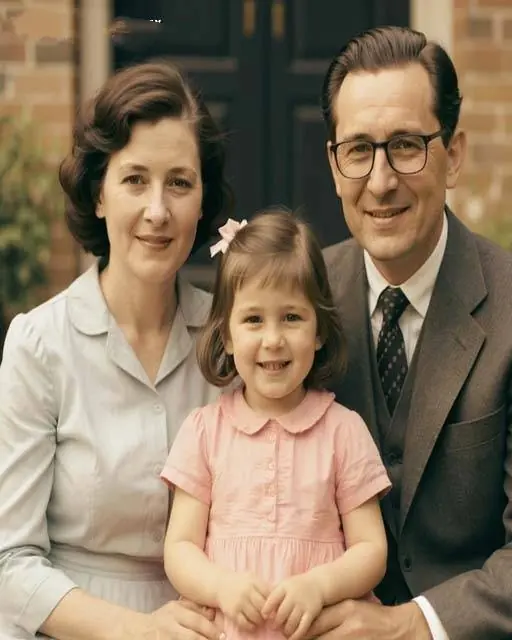
Your Heart May Be Older Than You Are
❤️ Your Heart May Be Older Than You Think — And That Matters More Than You Realize
A groundbreaking study published in JAMA Cardiology has revealed a startling truth: many people are living with hearts that are biologically much older than their actual age. Using a heart age calculator, researchers found that a significant portion of adults—especially men—have hearts that are at least a decade older than their chronological age.
🧠 What Is “Heart Age” and Why Does It Matter?
Heart age is a concept that reflects the biological condition of your cardiovascular system based on risk factors like blood pressure, cholesterol, lifestyle habits, and socioeconomic status. It’s not just a number—it’s a powerful predictor of your risk for heart attacks, strokes, and other cardiovascular diseases.
Dr. Sadiya Khan, a cardiologist and senior author of the study, emphasizes that even people in their 30s or 40s who feel healthy may be silently accumulating risk. “You may feel too young to worry about heart disease, but risk can be invisible until it’s too late,” she warns.
📊 Key Findings From the Study
Researchers analyzed data from over 14,000 adults aged 30 to 79 with no prior history of heart disease. Here’s what they discovered:
| Group | Average Heart Age vs. Chronological Age |
|---|---|
| Women | +4.1 years older |
| Men | +6.9 years older |
-
16% of women and 26% of men had hearts at least 10 years older than their actual age.
-
Black adults had the highest biological heart age:
-
Black women: +6.2 years
-
Black men: +8.5 years
-
-
Hispanic adults followed:
-
Hispanic women: +4.8 years
-
Hispanic men: +7.9 years
-
📉 Socioeconomic Factors That Influence Heart Age
The study also highlighted how education and income levels affect heart health:
-
23% of women and 32% of men with no education beyond high school had hearts 10+ years older.
-
24% of women and 35% of men in the lowest income bracket showed similar premature aging.
While the study didn’t prove causation, it clearly identified correlations between these factors and elevated cardiovascular risk.
🩺 What Makes Your Heart Age Faster?
Several modifiable risk factors contribute to premature heart aging:
-
High blood pressure
-
Elevated cholesterol
-
Diabetes
-
Smoking
-
Sedentary lifestyle
-
Poor diet
-
Chronic stress
Dr. Khan notes that the good news is many of these risks can be reversed with proper treatment and lifestyle changes.
🧑⚕️ How to Use a Heart Age Calculator Effectively
Dr. Khan recommends using a heart age calculator during your annual physical—not just at home. Your doctor can provide accurate readings for blood pressure, cholesterol, and other metrics, then guide you on next steps.
Why it matters: Knowing your heart age can prompt early intervention, which may include:
-
Dietary changes (e.g., reducing sodium and saturated fats)
-
Regular physical activity
-
Quitting smoking
-
Managing stress
-
Starting medications like statins or antihypertensives
Dr. Michael Shapiro, a cardiology professor at Wake Forest University, adds: “Identifying elevated risk is the gateway to intervening early through lifestyle changes and, if needed, targeted medical therapy.”
🚀 Taking Action Without Fear
Dr. Shapiro emphasizes that discovering your heart age should empower—not frighten—you. “Knowing your risk should not induce fear—it should drive action,” he says.
If your heart age is significantly older than your actual age, you may need more intensive interventions. But the earlier you act, the better your chances of reversing damage and protecting your long-term health.
✅ Final Thoughts: Your Heart Deserves Attention
Heart disease remains the leading cause of death worldwide, yet many people underestimate their personal risk. By understanding your heart age and taking proactive steps, you can dramatically improve your cardiovascular health and quality of life.
News in the same category


Clear Throat Mucus Fast With These Tried-and-Tested Remedies They Don’t Want You to Know

9 Warning Signs of Magnesium Deficiency You Shouldn't Ignore

Poor Postcancer Surgery Outcomes Tied to 3 Factors

Teamwork Boosts Primary Care Doc Job Satisfaction, Cuts Stress

HIV Was Successfully Eliminated from Human Immune Cells Using CRISPR Gene Editing in Landmark Study

Scientists Discover An “Off Switch” For Cholesterol—And It Could Save Millions Of Lives

How to Treat Urinary Tract Infection (UTI) Naturally According to Science

4 Common Causes of Body Pain on the Right Side

12 Subtle Vitamin D Deficiency Symptoms That Most People Ignore

What Your Heart Experiences When You Drink Energy Drinks

How to Eat Right for Your Blood Type

When to Worry About Veins That Appear Out of Nowhere

This is what sleeping on the left side does for our brain, stomach & glymphatic health
Sleeping position might be the last thing you think about before bed, but it can have a powerful impact on your health. Experts say that lying on your left side could improve digestion, support brain detox, ease back pain, and even enhance circulation.

Mother Rushes To Emergency Room To Deliver Triplets: Then Nurses Look Closer At Their Faces And Freeze

Doctor Reveals: MRI Scan Of The Face Of A 33-Year-Old Woman Reveals Where All Of Her Filler Went

Man Loses Pulse For 45 Minutes, Wakes Up, And Reveals This Spine-Chilling Vision Of Afterlife

6 Types of Pain You Shouldn’t Ignore
News Post

Get Rid of Throat Mucus Faster With These Home Treatments (Evidence Based)

Clear Throat Mucus Fast With These Tried-and-Tested Remedies They Don’t Want You to Know

9 Warning Signs of Magnesium Deficiency You Shouldn't Ignore

Poor Postcancer Surgery Outcomes Tied to 3 Factors

Teamwork Boosts Primary Care Doc Job Satisfaction, Cuts Stress

HIV Was Successfully Eliminated from Human Immune Cells Using CRISPR Gene Editing in Landmark Study

Scientists Discover An “Off Switch” For Cholesterol—And It Could Save Millions Of Lives

How to Treat Urinary Tract Infection (UTI) Naturally According to Science

4 Common Causes of Body Pain on the Right Side

The Truth About Eating the Black Vein in Shrimp Tails

12 Subtle Vitamin D Deficiency Symptoms That Most People Ignore

What Your Heart Experiences When You Drink Energy Drinks

How to Eat Right for Your Blood Type

Eyes Full of Hope, Heart Full of Trust.

When to Worry About Veins That Appear Out of Nowhere

This is what sleeping on the left side does for our brain, stomach & glymphatic health
Sleeping position might be the last thing you think about before bed, but it can have a powerful impact on your health. Experts say that lying on your left side could improve digestion, support brain detox, ease back pain, and even enhance circulation.

I Haven’t Seen My Daughter in 13 Years — Then a Letter Arrived from a Grandson I Never Knew

This is why you should keep the bathroom light on when sleeping in a hotel
Leaving your hotel bathroom light on at night might seem unnecessary, but it could be a small habit that makes a big difference for your comfort and safety. From preventing nighttime accidents to deterring intruders, experts say this simple tip can protec

Wife Left Husband to Raise Their Baby Alone — 20 Years Later, She Reached Out to Their Daughter
